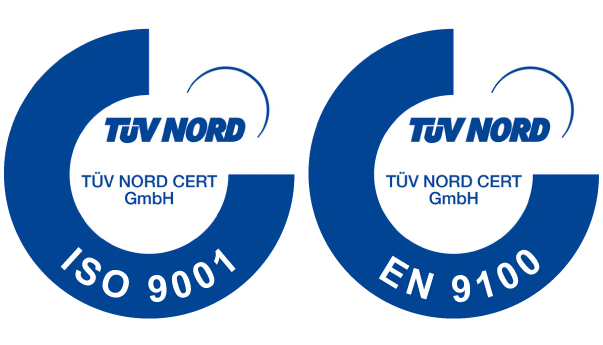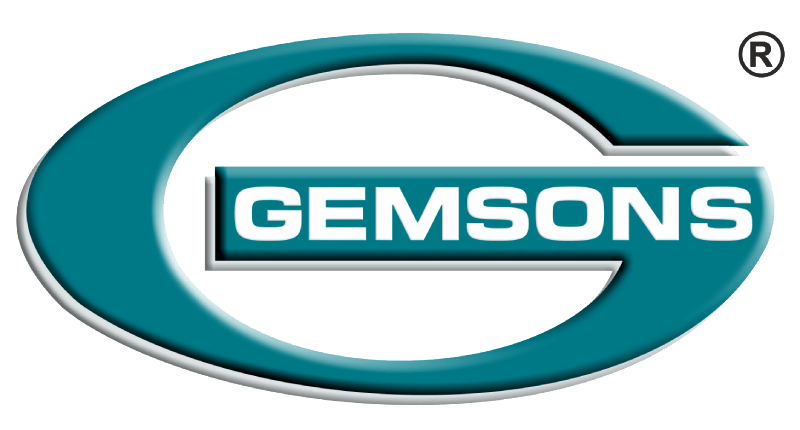In all of its incarnations, CNC metal machining is one of the most adaptable traditional production techniques. The sorts of parts that may be created, the materials from which they can be made, and the volumes generated are all examples of CNC machining’s variety.
Parts for medical products can be created rapidly, cheaply, and in endless quantities using traditional CNC milling and turning. These advantages are achieved without sacrificing the precision or accuracy of any component manufactured. Let’s look at the top four benefits of using CNC metal machining to create medical components and why you should consider it for your next product development project. Because Parts for medical products can be created rapidly, cheaply, and in endless quantities using traditional CNC milling and turning.
CNC machining does not require fixed tooling.
Making and machining a specific mold tool, such as one for plastic injection molding, can add 3 to 4 weeks to your production schedule. This encompasses the creation of the mold and the approval of samples and the optimization of molding settings, and the additional production time and development costs are justified for larger orders. However, CNC machining is hard to surpass in terms of speed and cost for short production runs or even single one-off products. Parts for the medical industry must frequently be manufactured quickly and in small quantities. CNC metal machining allows components to be manufactured without specialized tools, which might lengthen the manufacturing process and provides outstanding quality and accuracy even without tooling.
CNC machining manufactures components and parts quickly.
With CNC machining, going from a computerized CAD file to a final product could take only a few hours, depending on the intricacy of the medical part. In the medical field, medical emergencies frequently occur, making it difficult or impossible to foresee what parts or medical components will be required at any given time. The abrupt necessity for personal protective equipment caused by the quick and unexpected spread of the new coronavirus has recently proved this. CNC machining can be used to supply quality parts in a short amount of time in certain medical circumstances.
Tolerances on CNC machined items are quite tight.
Many advanced medical gadgets have incredibly tight tolerances and high quality; this is simple to accomplish with CNC metal machines. The surface usually only requires minor post-processing; this saves time and money, but it is not the most crucial consideration. Medical devices, products, and related equipment must be fit for purpose, and any variation in requirements could spell disaster in the medical industry. Digital machining’s precision and accuracy lowers this risk and delivers high-quality products.
Digital CAD files are portable and adaptable.
Product designers, medical specialists, and manufacturing professionals can swiftly and easily transfer digital programs from one site to another using digital manufacturing and machining. This technology significantly improves CNC machining’s ability to produce high-quality specialist medical devices and equipment solutions wherever and whenever they are needed, regardless of geographic location. This feature of CNC metal machining is extremely useful, especially in medical circumstances where time is critical.
Conclusion
Medical instrument machining requires precision and accuracy, so CNC machining is a good fit for the job. However, the method won’t matter if the correct people don’t handle the work.
Gemsons has CNC machining professionals on staff who can turn around high-quality work quickly. Our products always please our customers since we produce high-quality parts that precisely meet the specifications.
We keep up with the newest machining advancements and are here to give you the best service possible. When you approach us for a free quotation on medical devices or other crucial projects, our manufacturing experts will provide a complete design for product evaluation.



Recent Comments